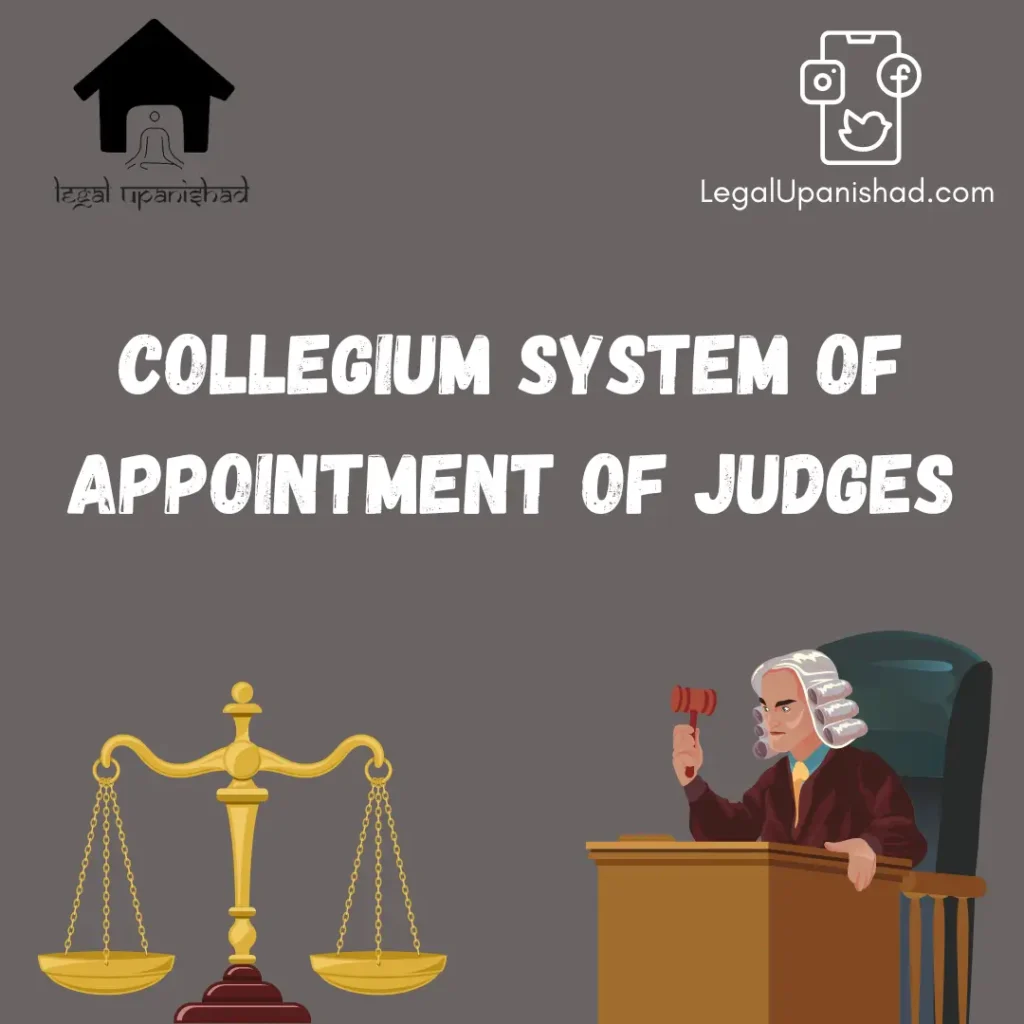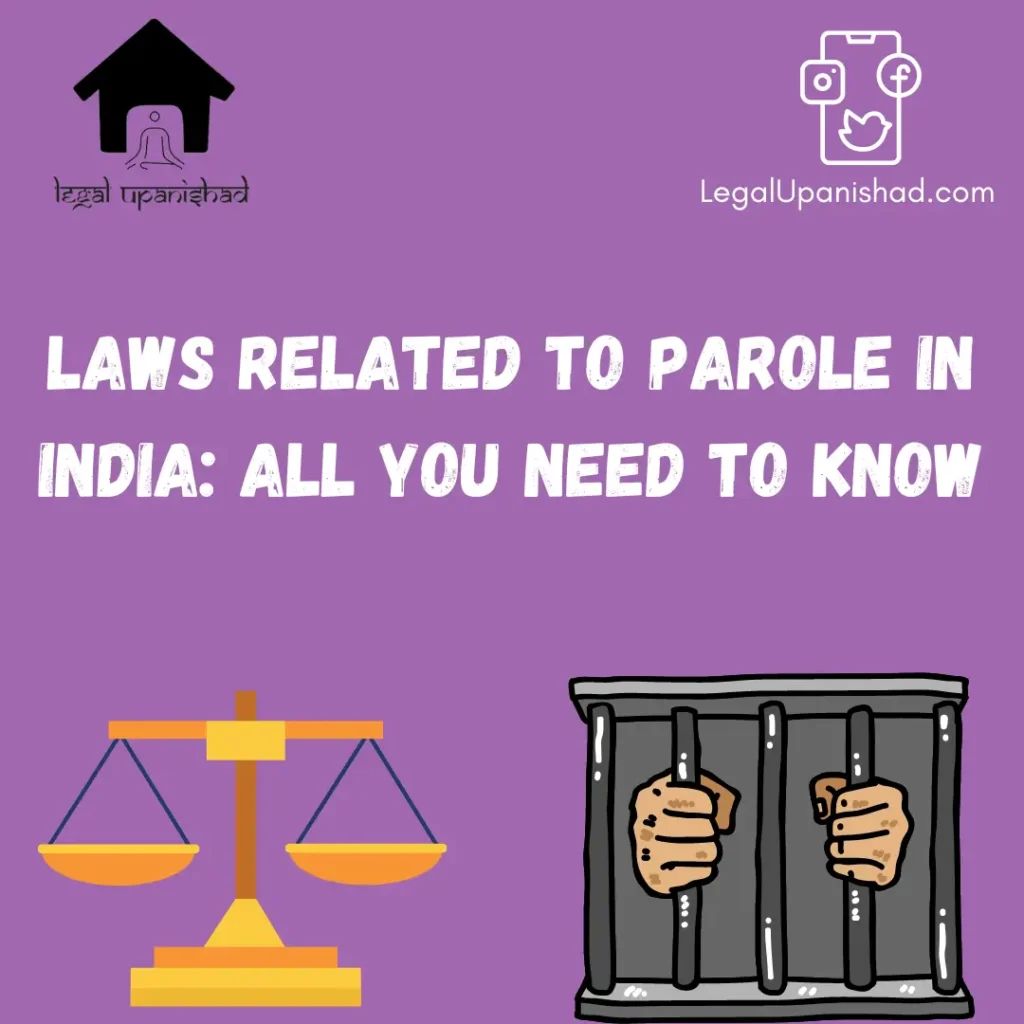Collegium System of Appointment of Judges: History, Advantages, Criticism and Reforms
The collegium system is a process of appointment of judges to the Higher Courts. Here, the Chief Justice of India (CJI) (currently Hon’ble Dhananjaya Y. Chandrachud) is the head of the collegium, and he/she is assisted by four more senior-most judges of the Supreme Court. The function of the collegium is to recommend the names of judges who are capable of being appointed to the Higher Courts, including the Hon’ble Supreme Court and various High Courts. This system of appointment of judges is widely considered to be a major pillar of Indian democracy, as the judges appointed through this system are considered to be more independent and impartial.
Collegium System of Appointment of Judges: History, Advantages, Criticism and Reforms Read More »










